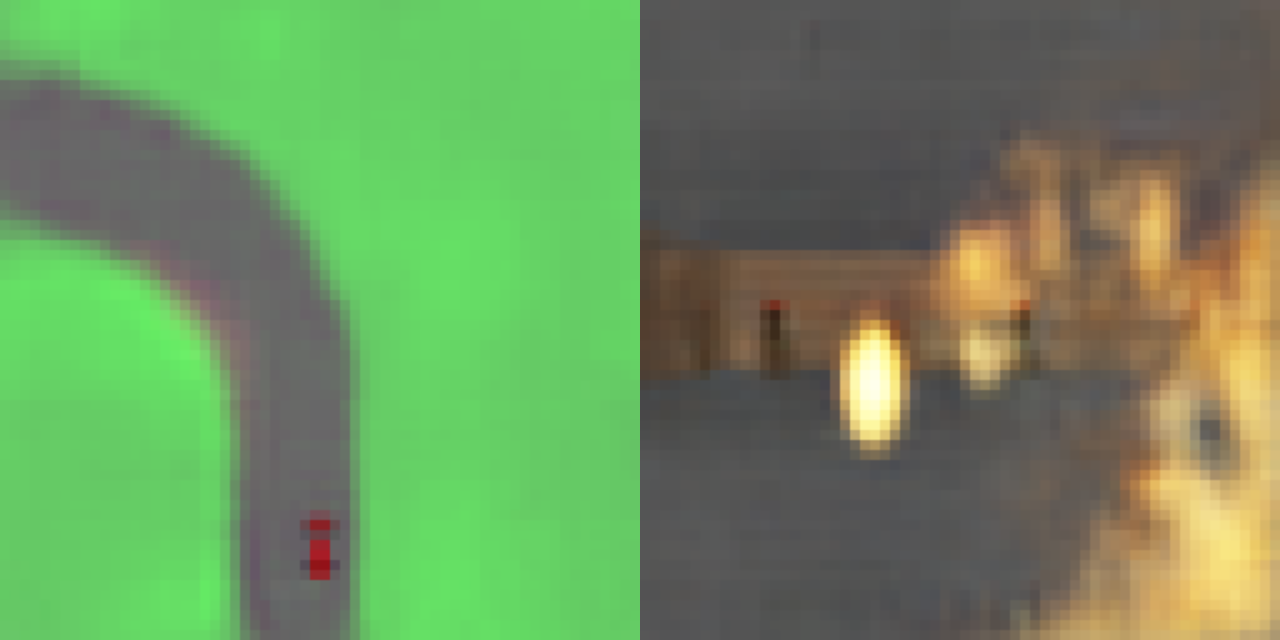This article discusses the concept of world models - generative neural network models that allow agents to simulate and learn within their own dream environments. Agents can be trained to perform tasks within these simulations and then apply the learned policies in real-world scenarios. The study explores this approach within the context of reinforcement learning environments, highlighting its potential for efficient learning and policy transfer. The integration of iterative training procedures and evolution strategies further supports the scalability and applicability of this method to complex tasks.
Main Points
World Models as Training Environments
World models enable agents to train in simulated environments or ‘dreams’ which are generated from learned representations of real-world data.
Applicability of Dream-learned Policies
By training within these dream environments, agents can develop policies that are applicable to real-world tasks without direct exposure, showcasing a novel form of learning efficiency.
Evolution Strategies for Policy Optimization
Incorporation of Evolution Strategies alongside world models presents a scalable method for optimizing agent behaviors within complex, simulated environments.
Insights
World models enable agents to learn and operate within their own dream environments, effectively learning compressed spatial-temporal representations of scenarios without direct interaction with the real world.
We explore building generative neural network models of popular reinforcement learning environments. Our world model can be trained quickly in an unsupervised manner to learn a compressed spatial and temporal representation of the environment.
Agents can be trained to achieve tasks entirely within these simulated dream environments and then successfully apply learned policies in real-world settings.
Most existing model-based RL approaches learn a model of the RL environment, but still train on the actual environment. Here, we also explore fully replacing an actual RL environment with a generated one, training our agent’s controller only inside of the environment generated by its own internal world model, and transfer this policy back into the actual environment.
Iterative training procedures involving a mix of model-based and model-free methods offer potential for sophisticated task learning in more complex environments.
For more complicated tasks, an iterative training procedure is required. We need our agent to be able to explore its world, and constantly collect new observations so that its world model can be improved and refined over time.

